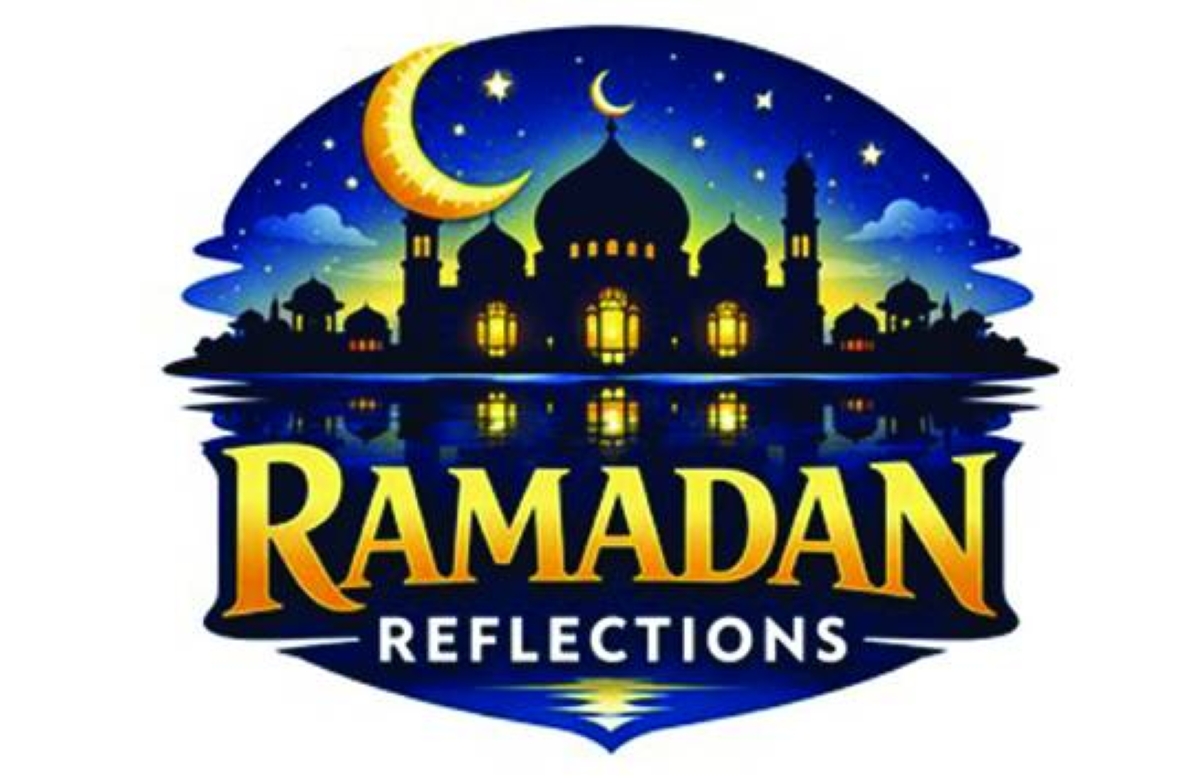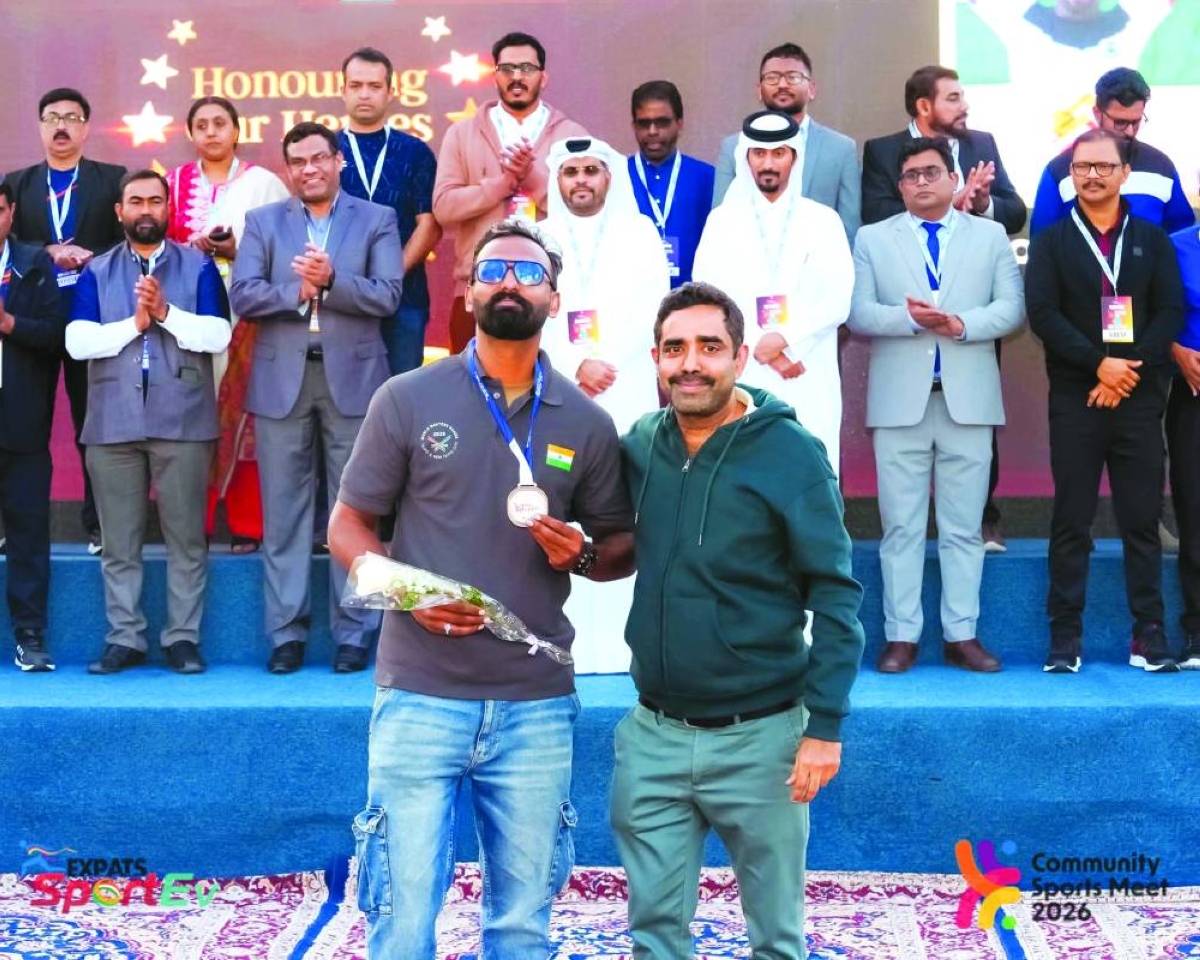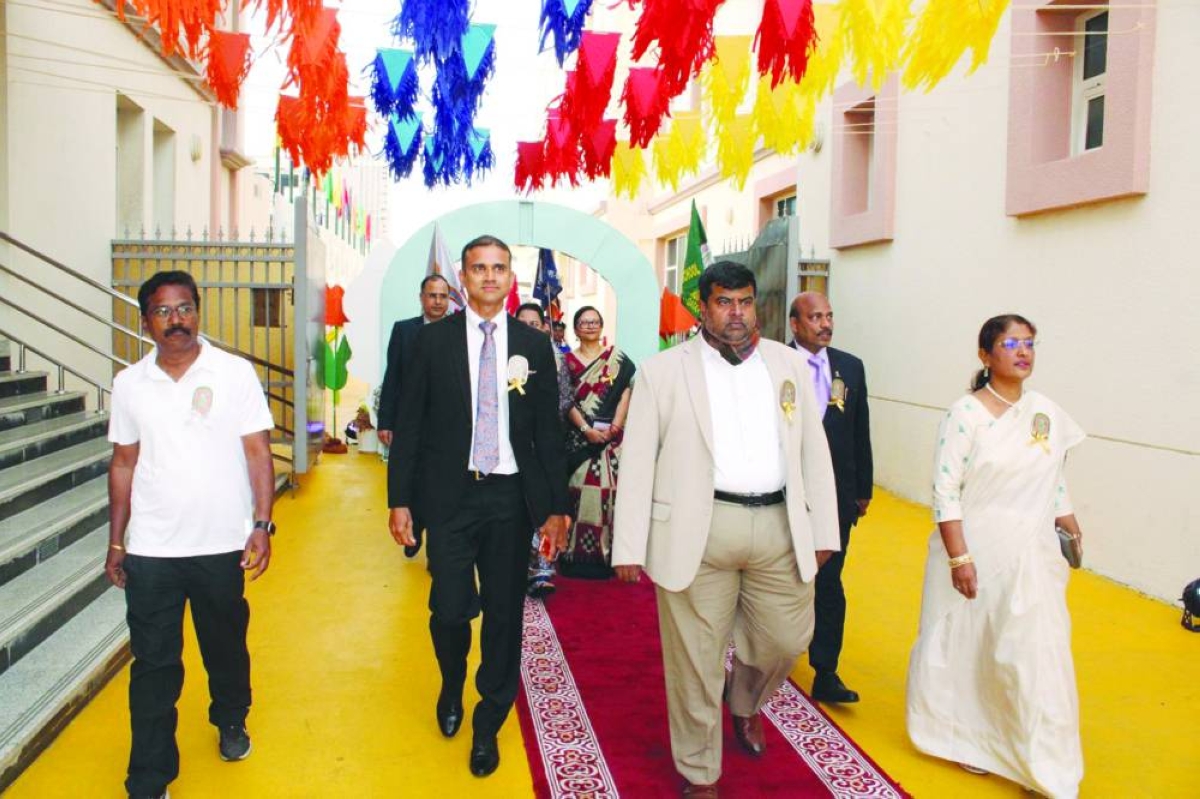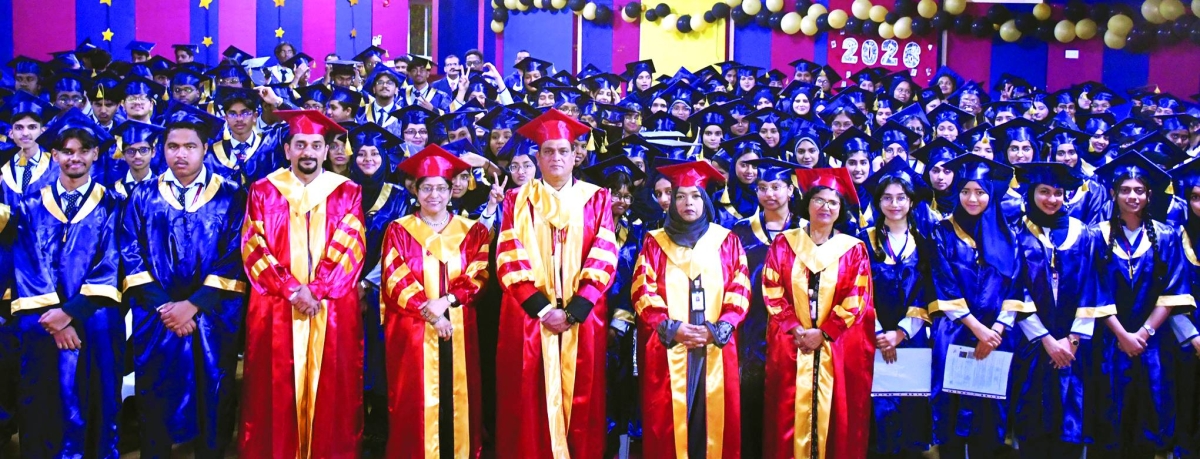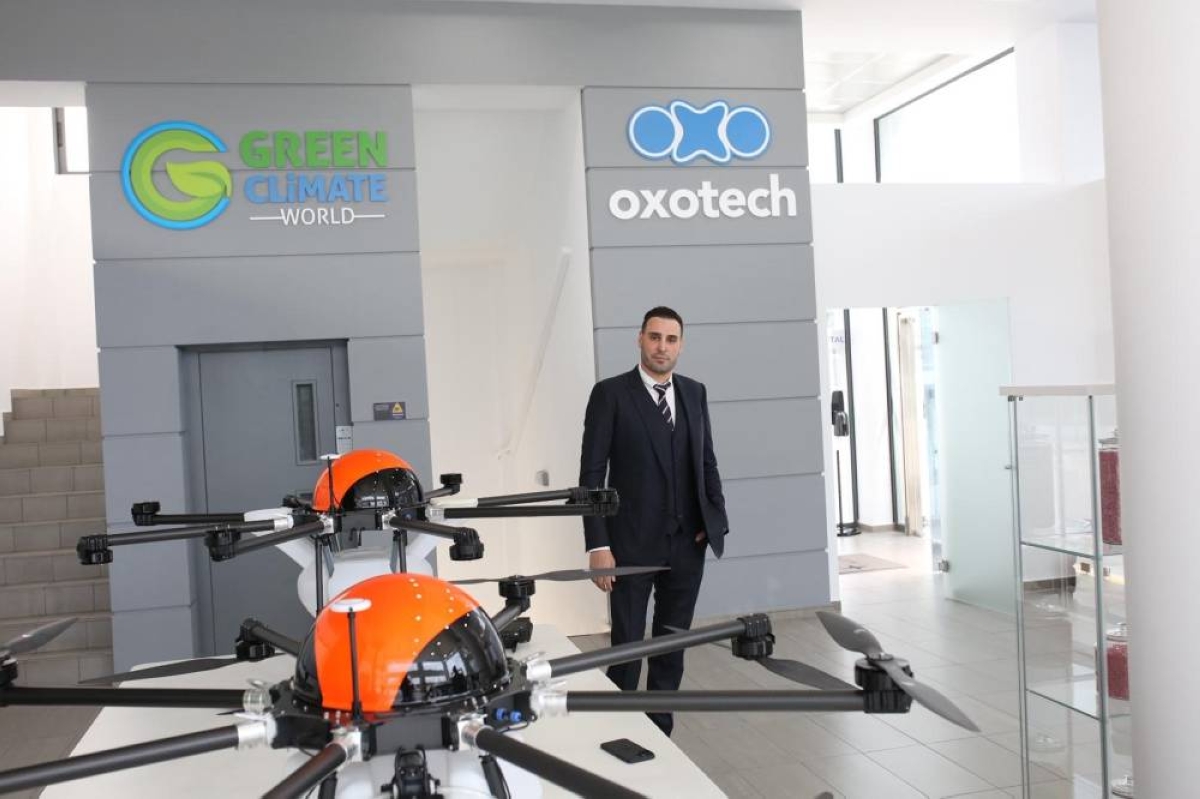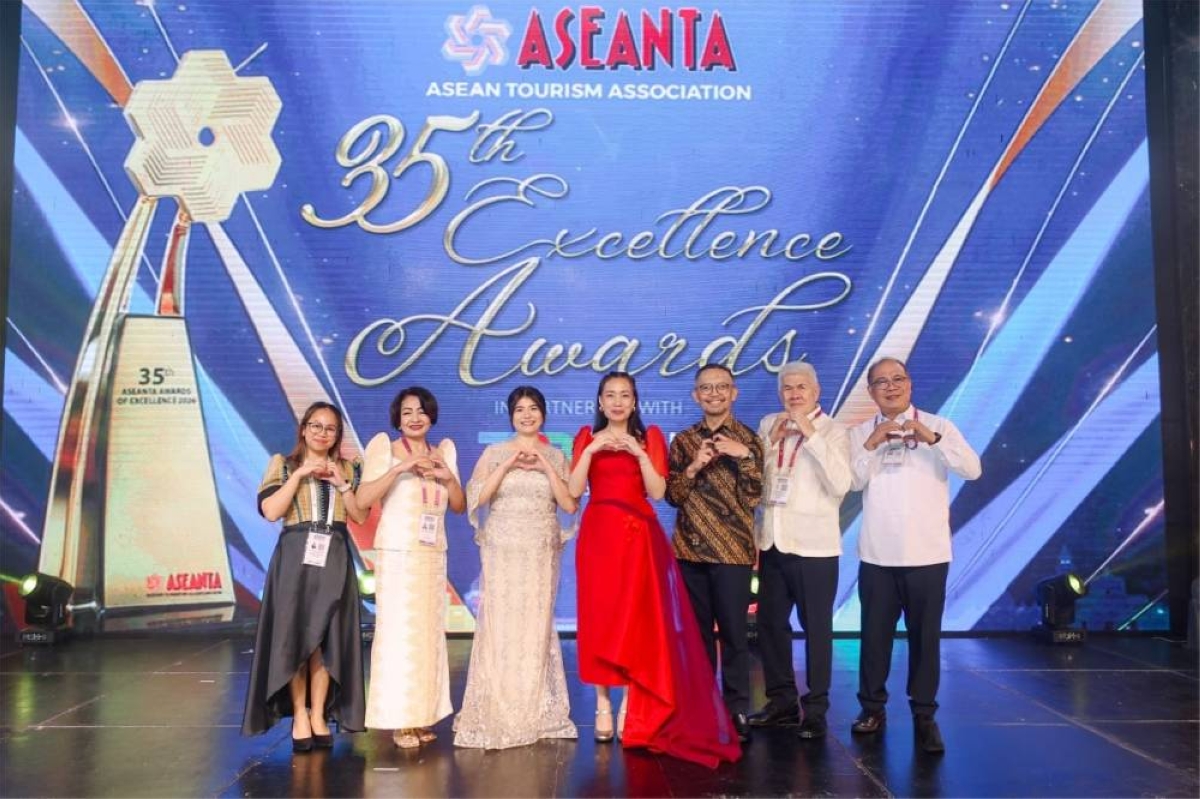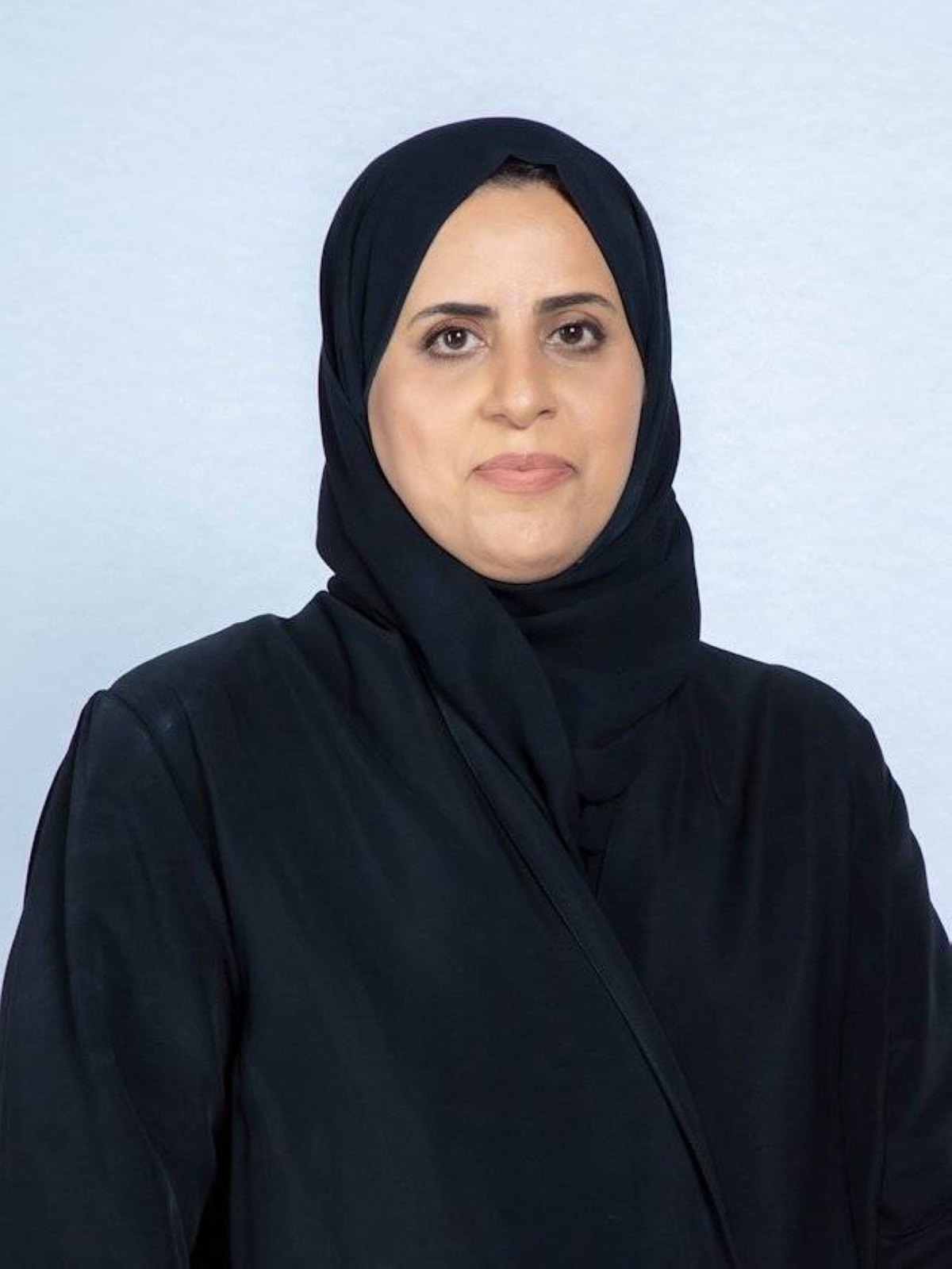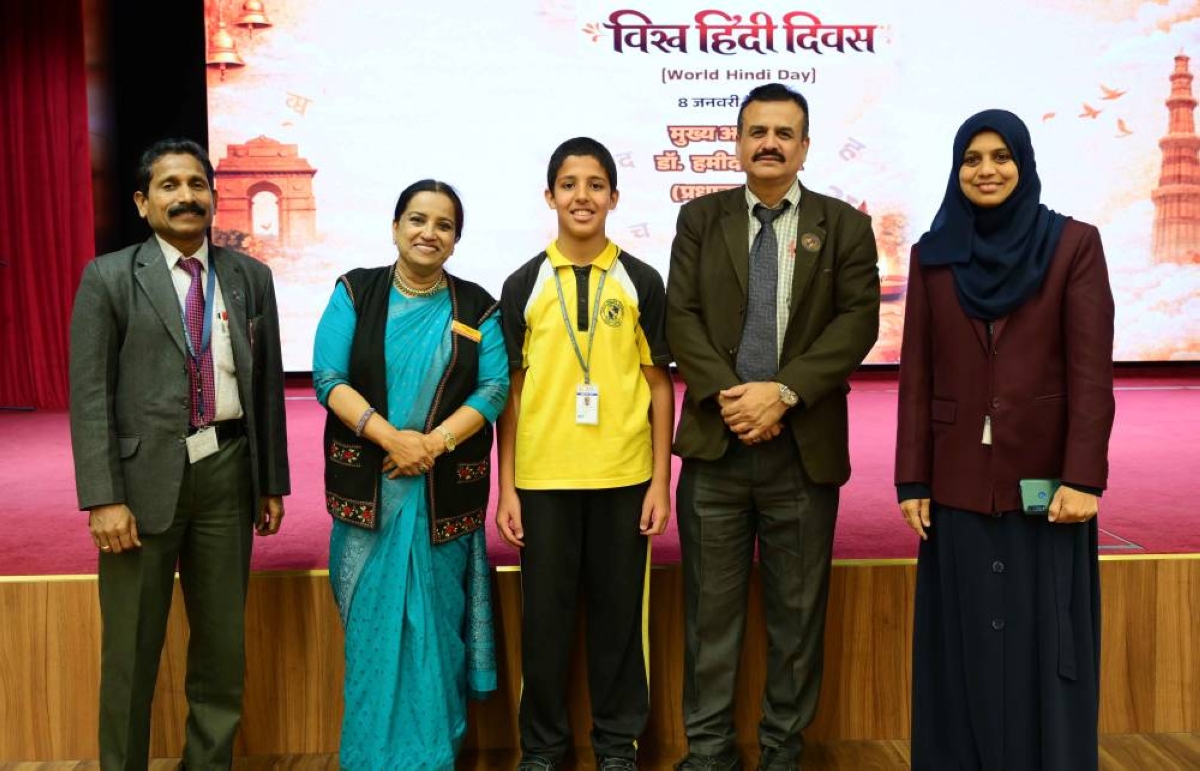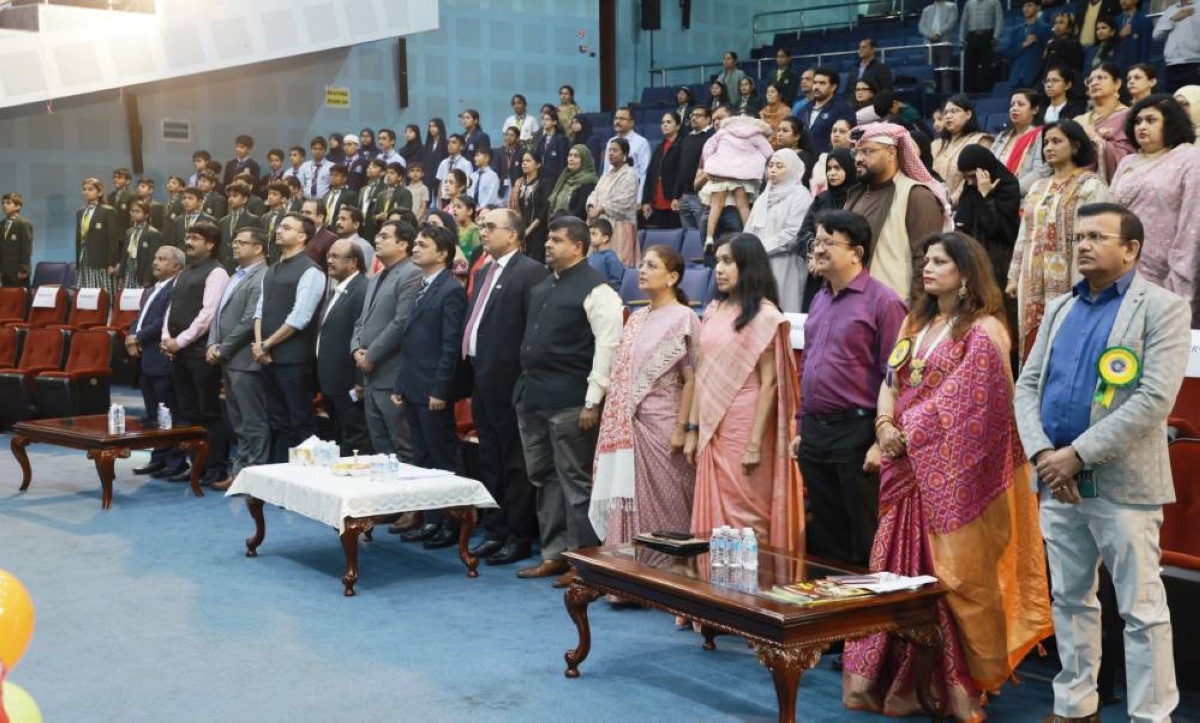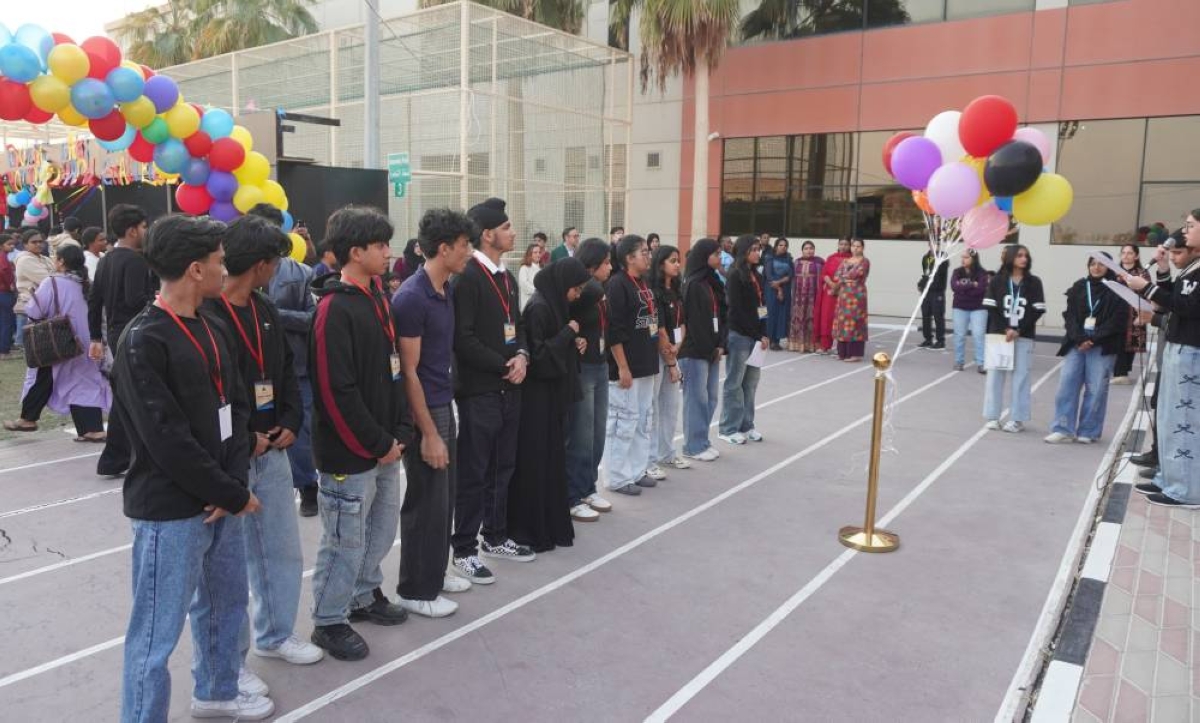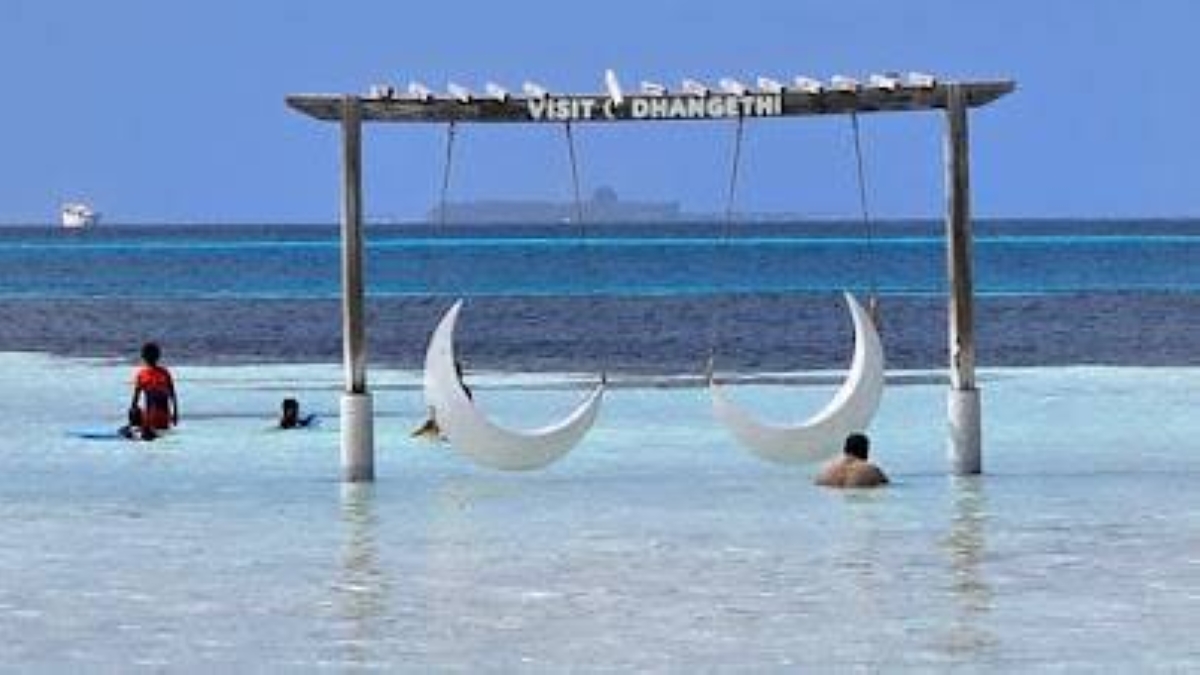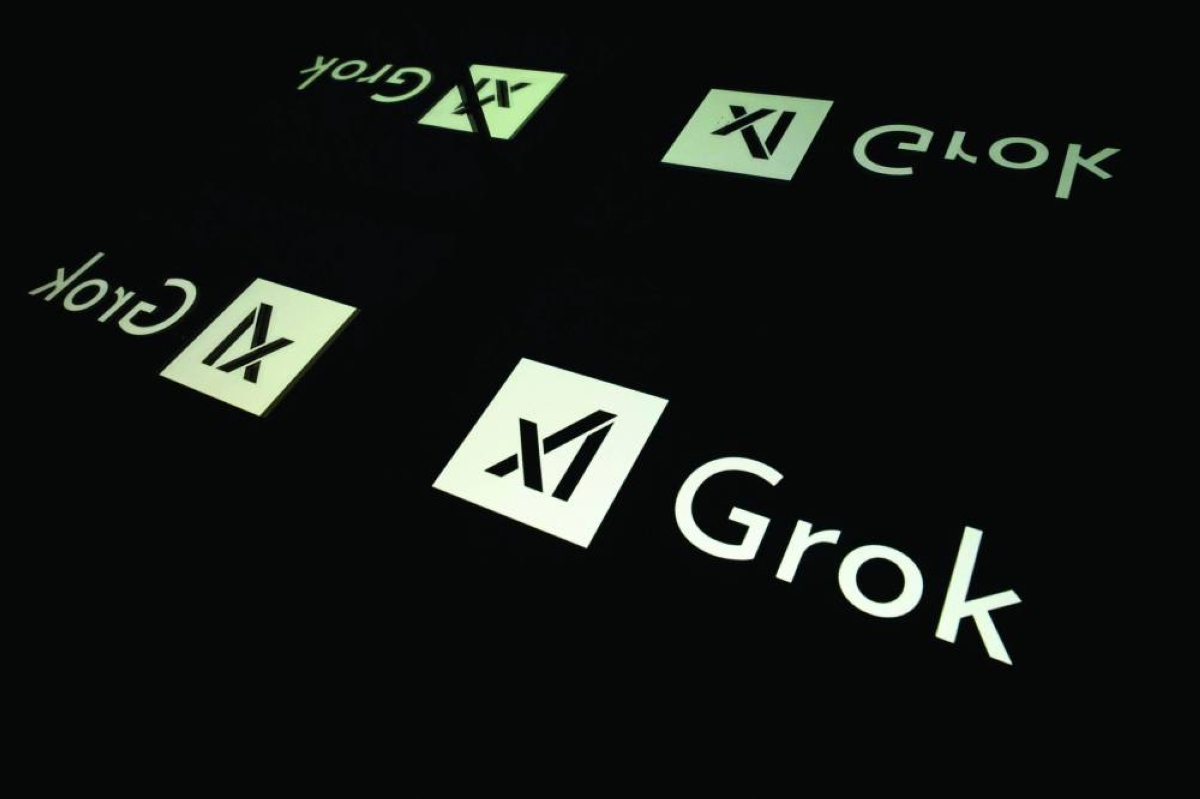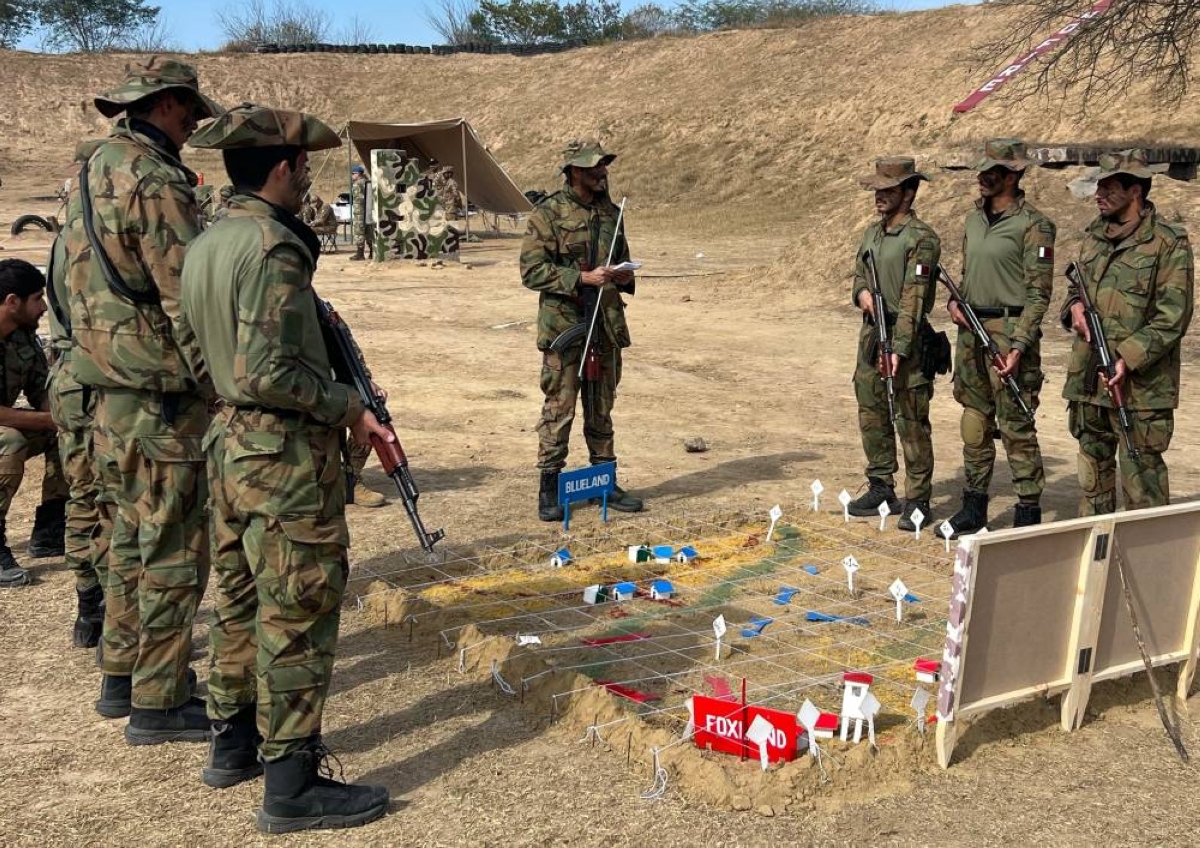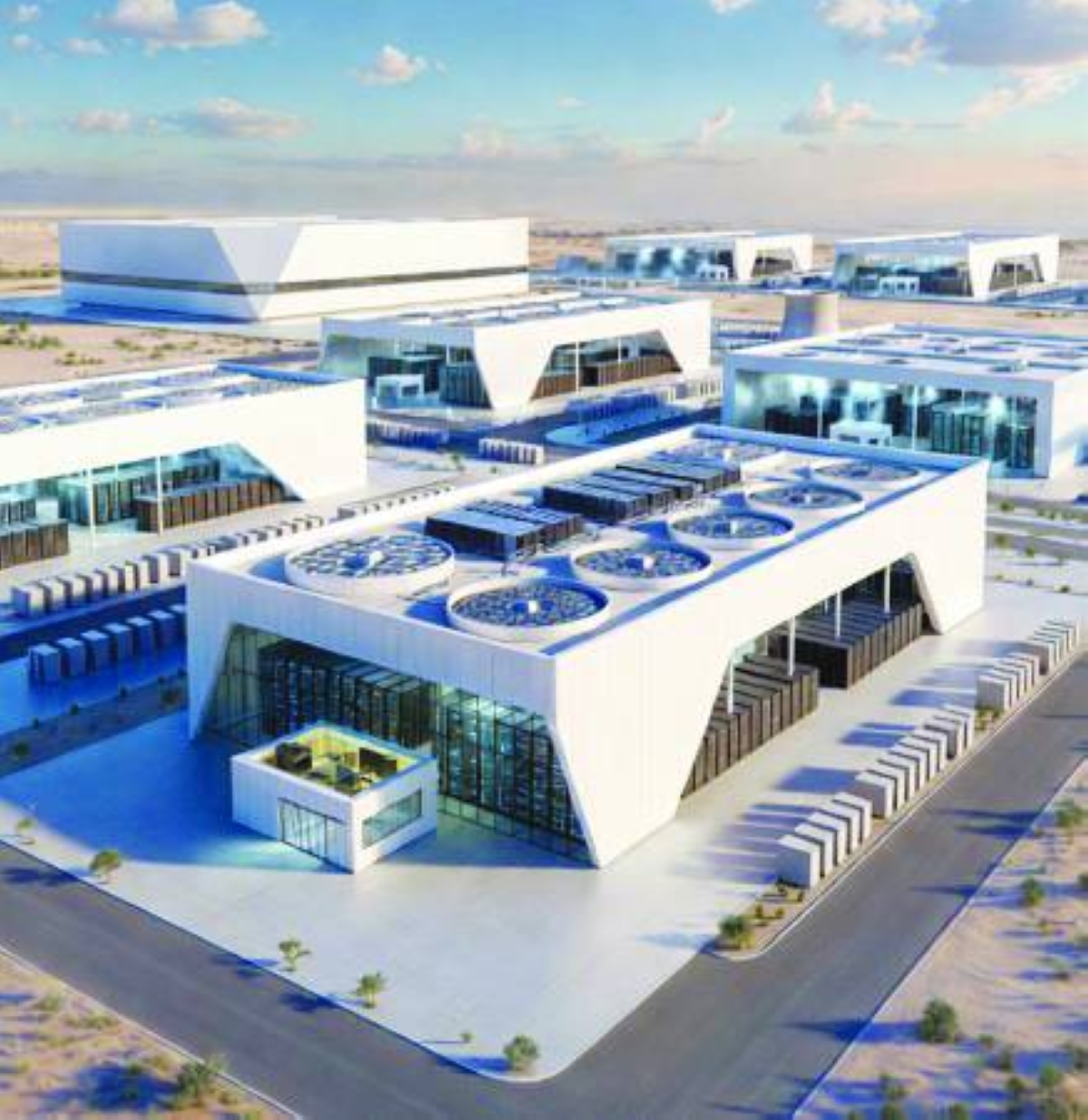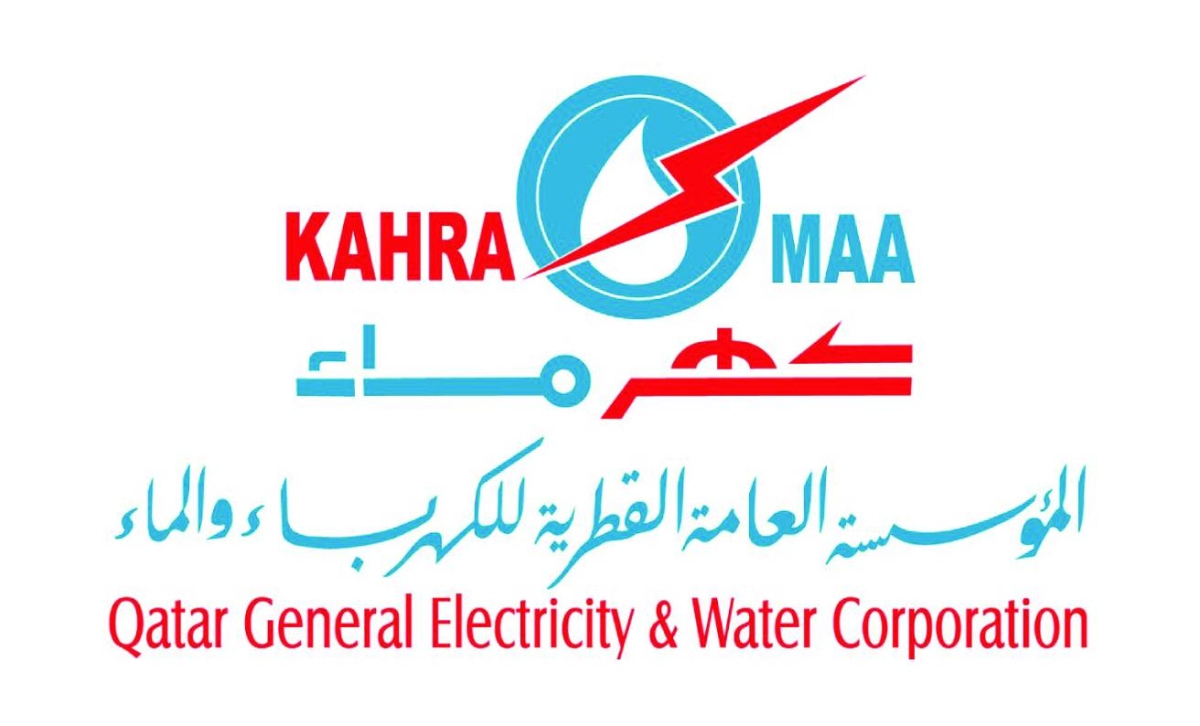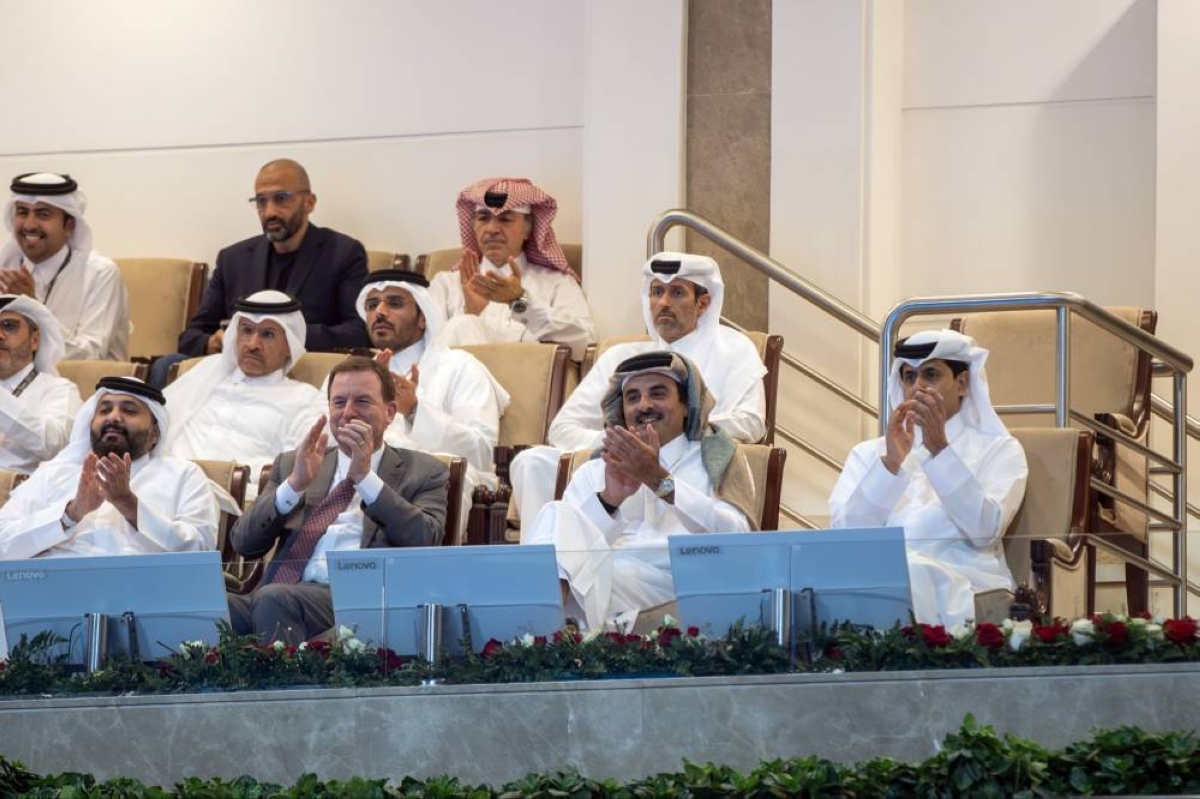One of the favours that Allah could bestow upon a Muslim is to prolong his life until he reaches the month of Ramadan and then enables him to fast it and pray the optional night prayers during it. Rewards for good deeds in this holy month are multiplied; ranks are elevated; and Allah frees many people from the Hellfire.Therefore, a Muslim should utilise this month and take advantage of it, and should rush to perform as many good deeds as he can. A Muslims must also fulfil his responsibility towards his children, by properly cultivating them and instructing them and guiding them to the path of righteousness and training them to perform acts of virtue, because the child will grow up according to the manner he was trained.During these blessed days, the father and the mother must play a pivotal role to help their children utilise this month better, and so we advise them with the following with regards to their children:Follow up with them and make sure they fast and encourage those amongst them who might fall behind or become lazy.Remind them with the essence of fasting and that it is simply refraining from food and drinks, and that it is actually a means to attain piety and forgive one’s sins. Remind them with the narration of Abu Hurairah, may Allah be pleased with him, who reported: “Whilst the Prophet, sallallaahu ‘alaihi wa sallam, was delivering a speech on the pulpit once he said: “Aameen, Aameen, Aameen”, He was asked: “O Messenger of Allah! Why were you saying this?” He replied: “Jibreel came to me and said: ‘May Allah humble the one who goes through Ramadan whilst not being forgiven’ so I said; Aameen. Then he said: ‘May Allah humble the one whose parents (one or both) reach an old age and they were not a cause for him to enter Paradise (i.e. due to him being dutiful to them)’ so I said; Aameen. Then he said: ‘May Allah humble the one in front of whom I was mentioned and he did not supplicate Allah to exalt my mention’ so I said; Aameen.” [Ibn Khuzaymah & Ahmad].Teach the children the rulings and etiquette of eating, like eating with the right hand, eating from the side of the plate directly in front of them and from the opposite end of it, uttering the name of Allah saying “Bismillaah”. Remind them that eating more than one’s need is prohibited and harmful to the body.Do not allow them to spend too much time eating to the point that they miss the prayer with the congregationRemind them with the situation of the poor and the needy who cannot find a bite to satisfy their hunger with and the Muslims who are afflicted and misplaced from their homes.Instruct them to help the mother in preparing the table and cleaning after eating.Remind them to prepare for the optional night prayers by not excessively eating and by getting ready early enough to make it on time for the prayer.Remind them with the blessings of eating Suhoor (the pre-dawn meal) and that it gives energy whilst fasting.Make sure they pray Fajr with the congregation, especially those amongst them who are obliged to pray.Emphasise the importance of taking advantage of the last ten nights of the month, and remind them with the practice of the Prophet, sallallaahu ‘alaihi wa sallam, who used to wake his family members up during these last ten nights and make sure that exerted their utmost in worship.Reward the young children who fast with gifts as a means of encouragement.It would be excellent if the parents can take their children to perform ‘Umrah during Ramadan.Instruct the children and wife to strive to read as much as they can from the Qur’an during Ramadan as it is the month of the Qur’an.Sit with them and read for them from a book related to fasting and its merits.Prevent the children from staying up late at night watching TV or any other useless activity, unless they stay up to pray or recite the Qur’an.The husband should not overburden the wife with cooking and preparing different dishes of food and sweats, and should not make the month one of food invitations and meals. The husband must remember that his wife also needs to worship and recite the Qur’an and busying her with food deprives her from this.The family should take the opportunity and regain ties with any family member with whom such ties have been severed. Article source: http://www.islamweb.net/emainpage/
Tuesday, February 24, 2026
|
Daily Newspaper published by GPPC Doha, Qatar.

